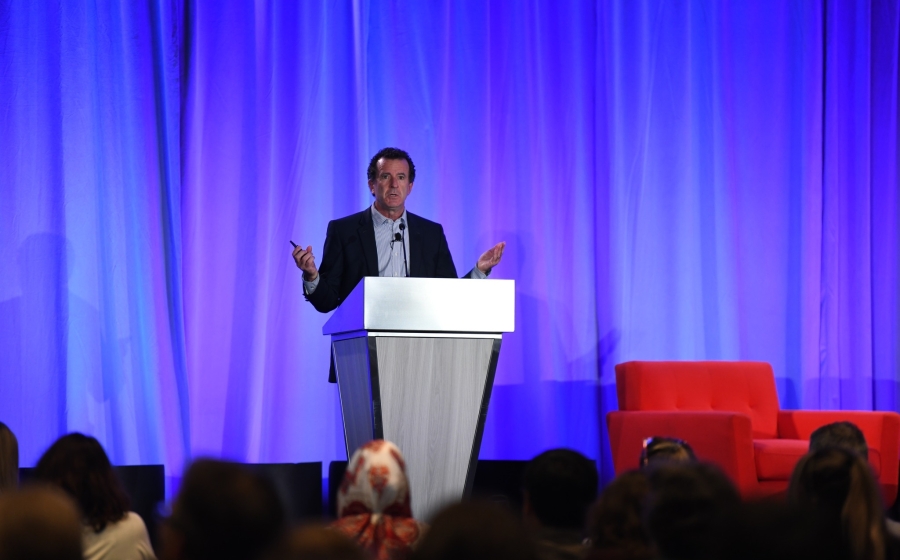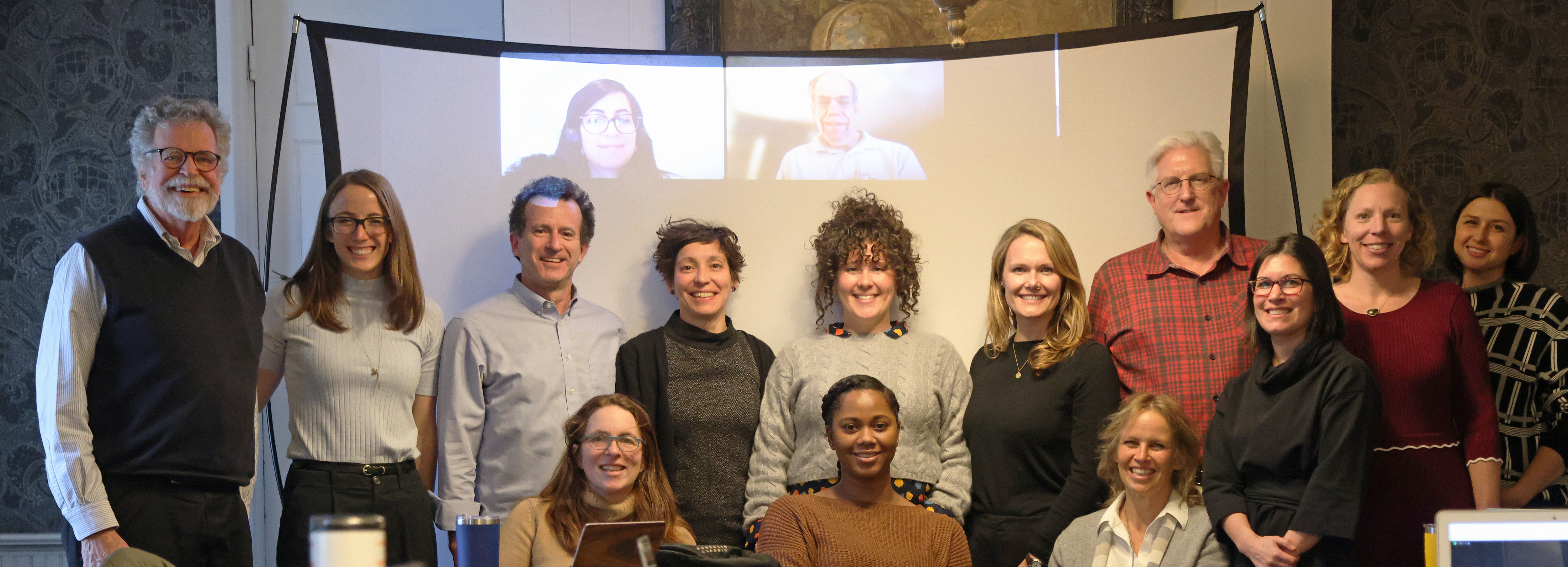
About Us

Paul Spiegel, Director of CHH, and Distinguished Professor of the Practice
Who Are We?
The Johns Hopkins Center for Humanitarian Health is a dedicated institution committed to advancing humanitarian efforts and healthcare on a global scale. With a focus on research, education, and collaboration, we work tirelessly to enhance the delivery of healthcare in humanitarian crises and underserved communities. Our multidisciplinary approach, bringing together experts from various fields, empowers us to develop innovative solutions, drive policy changes, and train the next generation of leaders in humanitarian health. At our core, we are a force for positive change, striving to create a world where healthcare reaches every corner with compassion, expertise, and resilience.
The Johns Hopkins Center for Humanitarian Health (CHH) is led by Dr. Paul B Spiegel, MD, MPH, Distinguished Professor of the Practice, Department of International Health, and Co-Director, Master of Applied Science in Humanitarian Health.

Vision and Strategic Objectives
To pursue new knowledge and disseminate this learning to save lives and reduce human suffering and other consequences of humanitarian emergencies and disasters.
- Research - Undertake innovative research in humanitarian health science to discover and apply evidence-based strategies for prevention, preparedness, response, recovery, and reintegration.
- Educate and Train - Educate and train individuals, governments, and organizations on the latest theories and best practice approaches of humanitarian health science to allow for their evidence-based and practical application.
- Empower - Empower individuals, communities, organizations, and Governments to practically apply skills and expertise gained through research and education.
